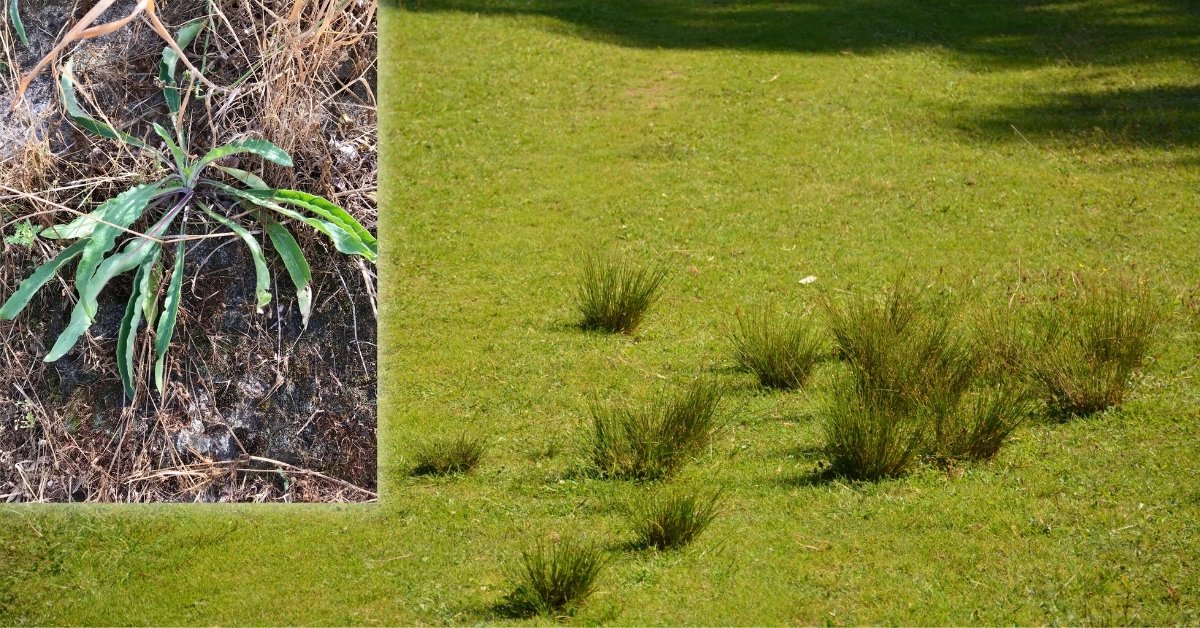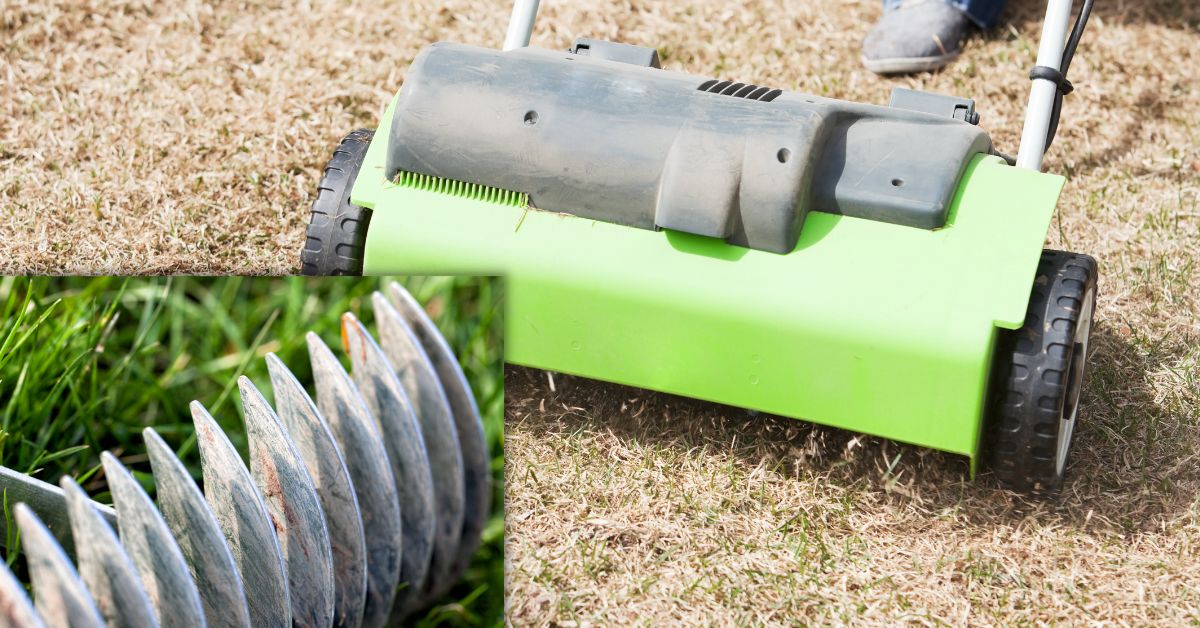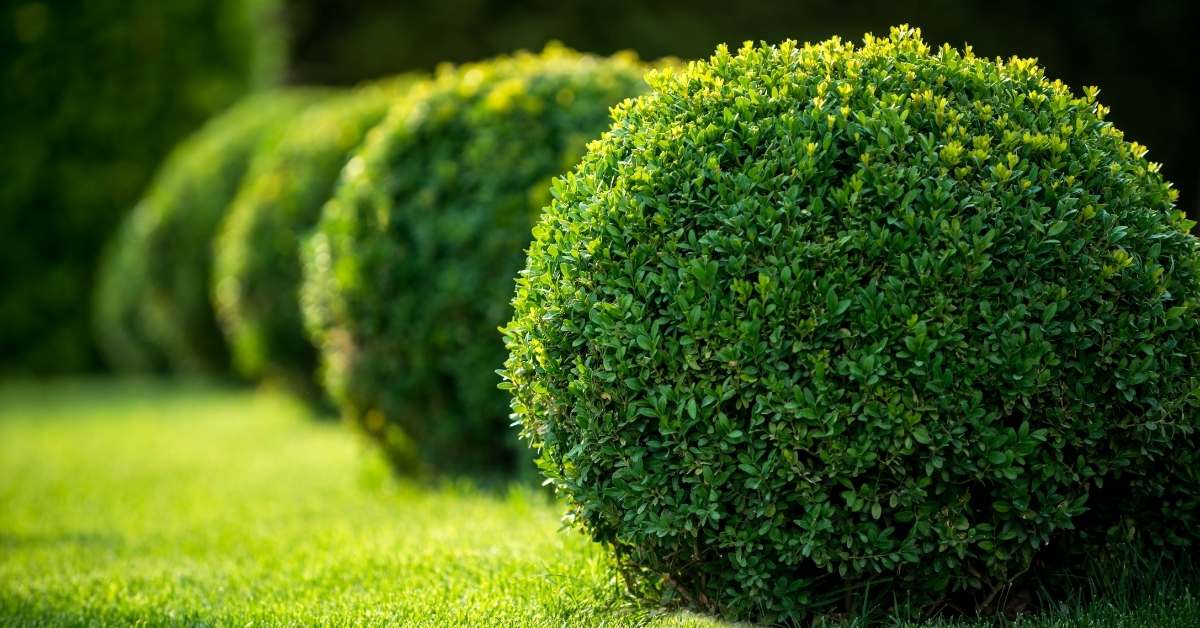Homeowners everywhere want their lawn to look green and healthy with no ugly patchy lawn or weeds popping up to spoil the image. Accomplishing this task can be difficult and requires constant vigilance to identify and remove any unwanted plants as soon as they appear.
Here we are talking about 6 ways of “how to get rid of grassy plants naturally” with the substances you can find at home.
New crabgrass can be identified as light green spikes extending above the desirable grass that has been planted on the lawn. It is important to find and pull these individual plants before they begin to seed and multiply. If the center spike holding a closed seed head is extending above the leaves, pull the plant before the seeds are released.
How To Get Rid Of Grassy Plants Naturally?
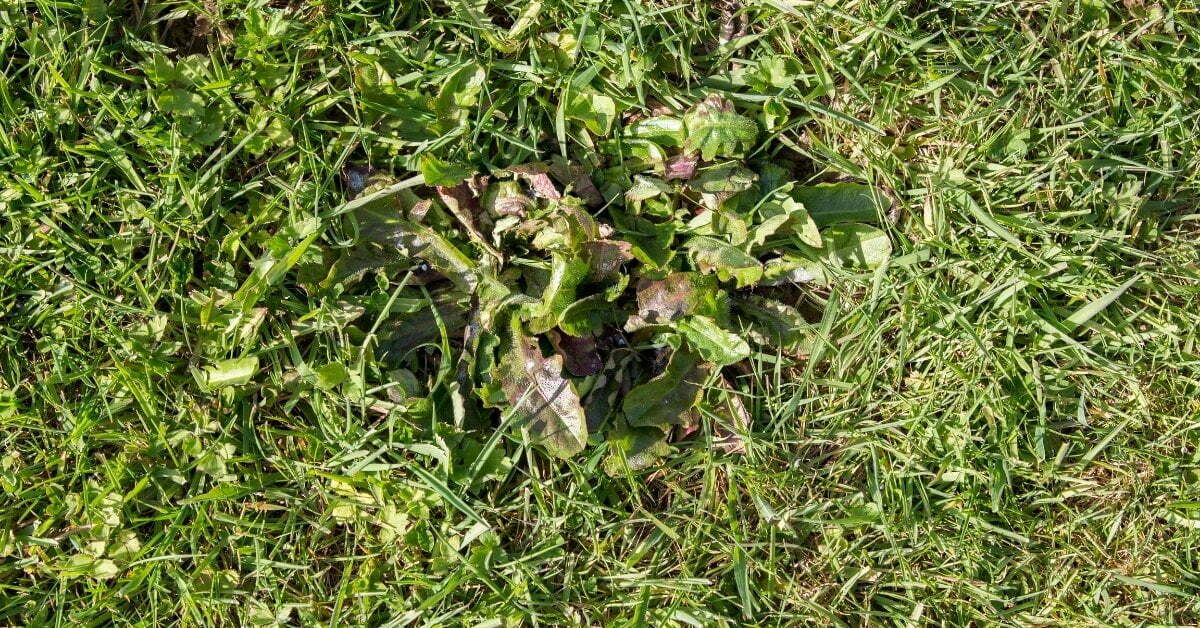
Most homeowners treat their lawn with herbicides in spring, fall, or during both seasons to prevent weed seeds from germinating and to kill existing plants. This method is effective, but many people prefer to avoid using any type of poison around their homes.
Pets and even children can be harmed if they happen to come in contact with these products at the wrong time. There are several methods that can be used to kill any weed without using harmful chemicals, although they should be applied only to the weed itself.
1. Cook Those Weeds
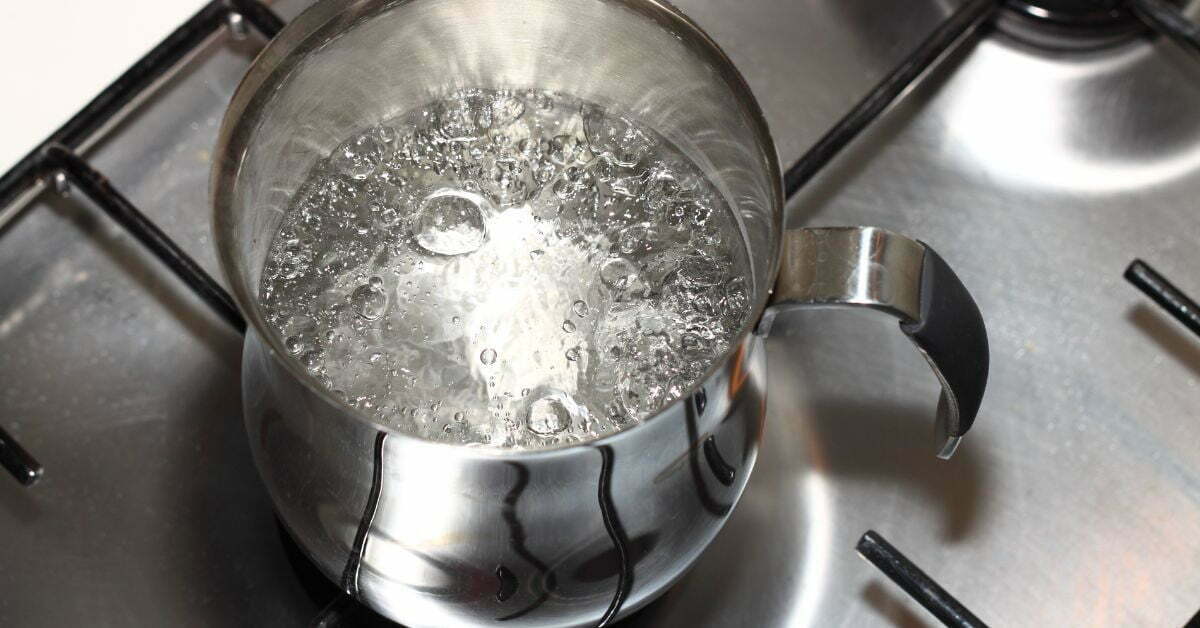
It may seem almost too simple, but pouring boiling water on plants will kill them. Heat water in a teakettle until it is boiling and then pour it directly on the weeds in your garden or lawn. It is important to remember the hot water will kill any plant it comes in contact with, so focus the stream directly onto the weed itself. It may help to mark each weed ahead of time so the water can be used before it cools off.
2. Spray Bleach to Kill Weeds
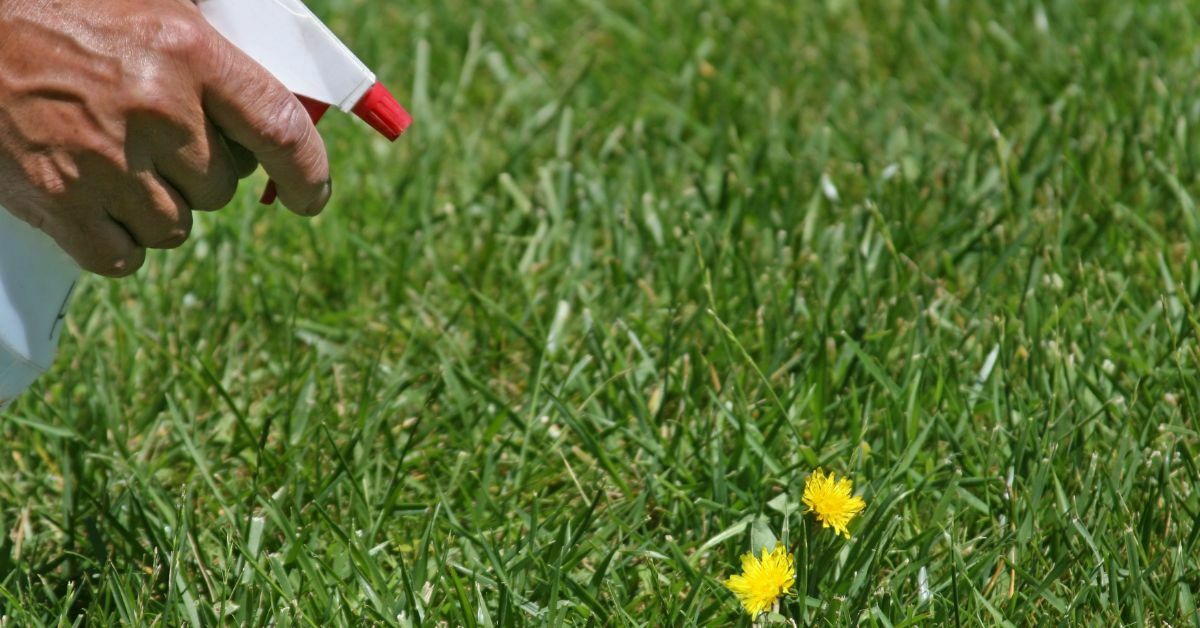
Bleach has many uses in the household, and it also makes a great weed killer outdoors. Use a spray bottle filled with bleach to apply the liquid to the plant leaves. The chemicals in the bleach will evaporate within a couple of days after killing the plant. If the spray accidentally gets on a desirable plant, it should be quickly washed off before it does any damage.
3. Salt Kills and Prevents Regrowth

Salt is a powerful vegetation killer, and it also prevents vegetation regrowth in the area it has been spread. This means it should be used sparingly and limited to a specific area. To properly use salt to kill weeds, a small pinch should be applied at the base of the plant.
The weed will die, and the salt will be diluted by future rainfall so surrounding plants will not be harmed. Salt can also be used to kill grass or weeds that are growing up between the cracks in a sidewalk or driveway, and it is only necessary to reapply it if new growth begins to appear.
4. Vinegar Kills Baby Weeds

The acetic acid present in vinegar completely kills the plant leaves, but the roots are not harmed. Young plants cannot survive this attack since their root system is not strong enough to send up more shoots, but established plants will grow again. Repeated applications on older plants will eventually kill them since the energy stored in the root system will be depleted after their repeated attempts to renew their growth.
5. Alcohol Destroys
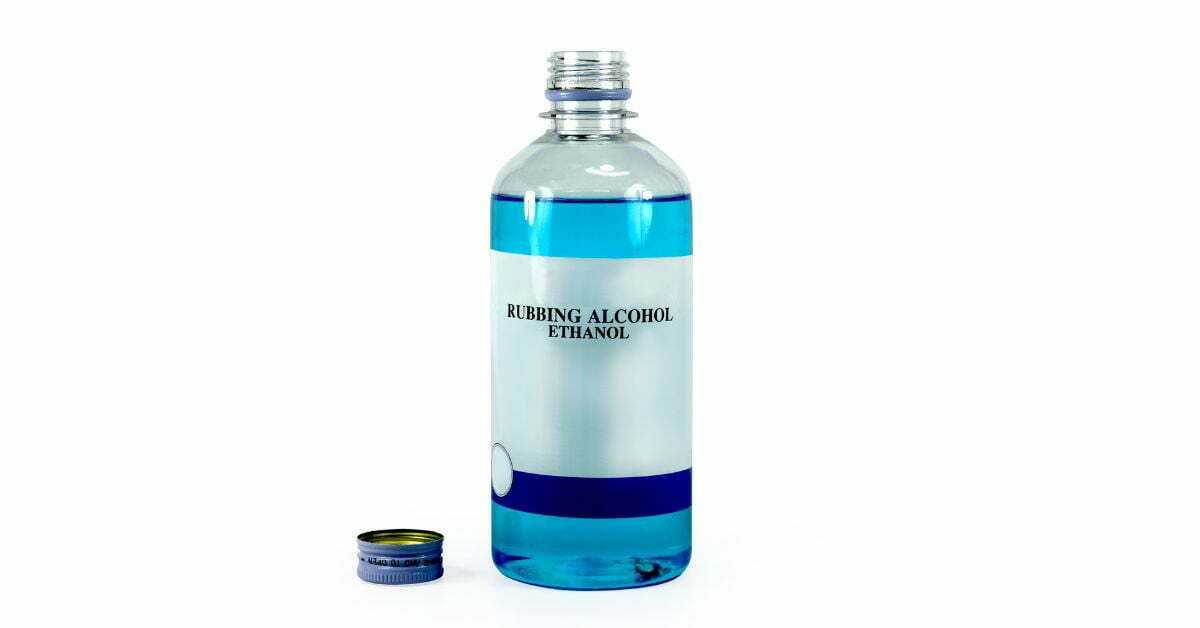
Rubbing alcohol dehydrates any plant it comes in contact with, so it basically sucks the lifeblood out of weeds or any other plant it is applied to. Applying the liquid with a spray bottle is most convenient, but the surrounding desirable vegetation should be protected from accidental contact.
6. Combinations are Even Better
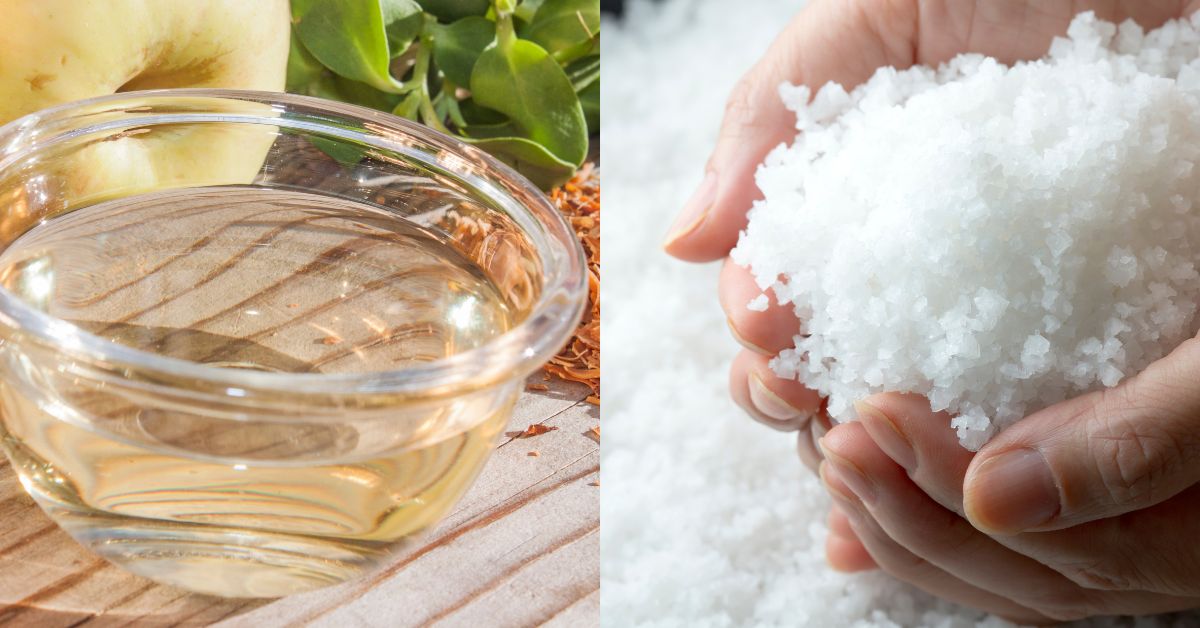
Super weed killers (similar to Roundup) can be created by combining some of these natural weed killers. For instance, salt and vinegar can be added to boiling water for a greater effect that also prevents new growth. Some people add dish detergent to the concoction to make it stick to the plant leaf longer. It is probably not a good idea to mix bleach with any other liquids.
The first reaction most homeowners have when they notice grassy weeds growing on their lawn is to apply a commercial weed killer or preventer. This course of action will get most weeds under control, but it may not be the simplest, safest, or most economical choice.
If the weed population is young and not overly advanced, most of the natural control methods listed above will be fast and effective. Even established grassy weeds can be killed with perseverance and repeated applications, so using one or all of these non-poisonous methods is likely the best choice for most homeowners.
